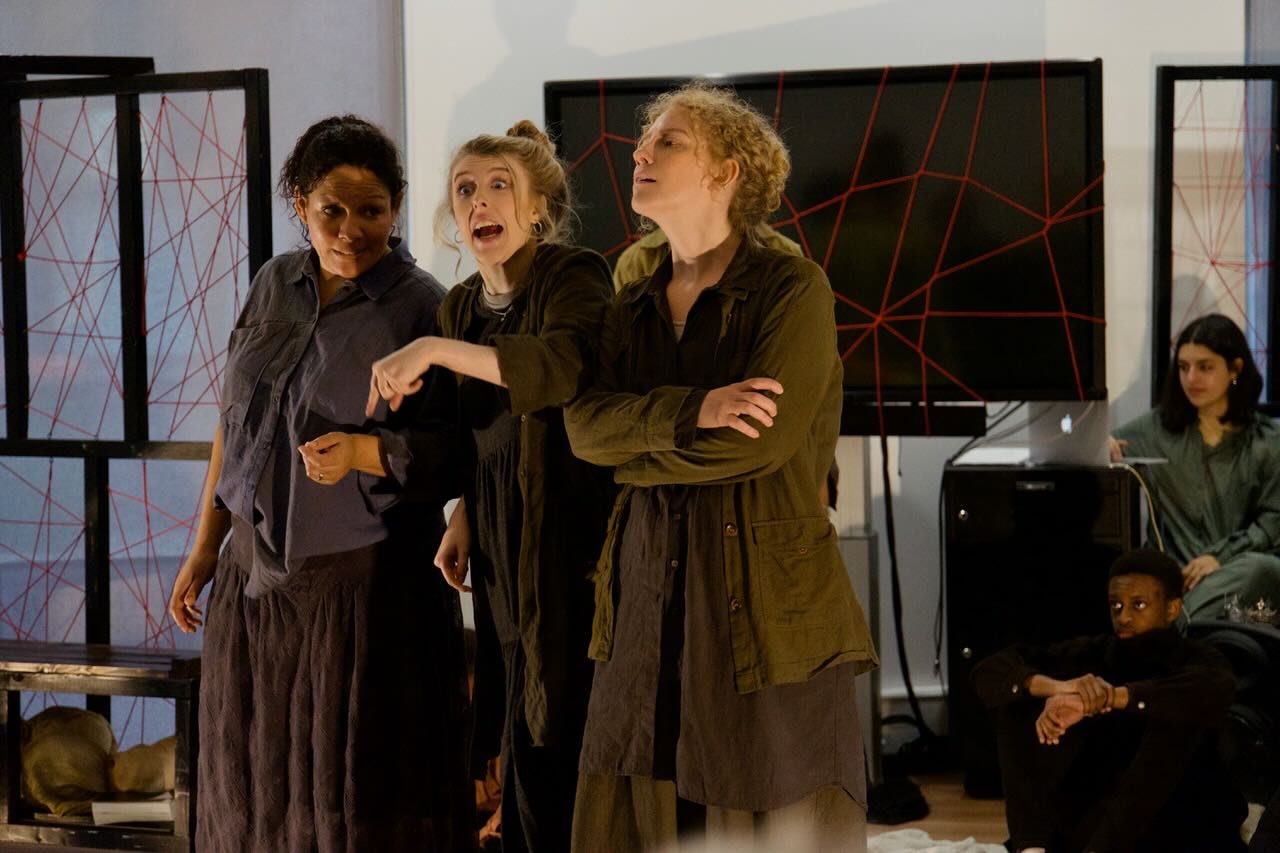Elizabeth Fry: The Angel of Prisons

Three prisoners have a story to tell. It’s the story of Elizabeth Fry and how she changed prisons forever. But this is not a history lesson. You’ll hear both contemporary and historical language. You’ll see both modern-day and period mashup costumes. Because the question remains the same today as it did in Elizabeth Fry’s time: does prison actually work?
Elizabeth Fry is forever linked to Newham because she and her husband lived from 1829 to 1845 in Upton Lane House, West Ham. In addition to her prison work, she was a regular visitor at gypsy encampments in Plashet, dispensing food, clothing and medicine to the local Gypsy and Irish communities.
Angel of the Prisons is the latest instalment in The Newham Plays, a series of site-specific, localist-focussed plays rooted in Newham’s history, culture and people, created and written by James Kenworth. The plays are a unique collaboration between a writer, director, designer and professional actors working alongside students from Newham schools and young actors from local youth groups/theatres.
Elizabeth Fry: Angel of Prisons, was recently performed, very aptly, at Friends Meeting House, a Quaker meeting house in Aylesbury, Buckinghamshire, built in 1726-27. The Meeting House is of high heritage significance.
This script-in-hand performance was followed by a post-show Q+A led by a Quaker chaplin currently working in prisons, and a retired prison governor. It was produced in partnership with Unbound, an award-winning Buckinghamshire-based production company working in theatre, audio and film, and based at Queens Park Arts Centre in Aylesbury, Bucks.